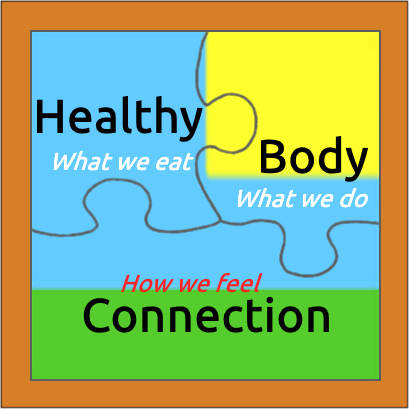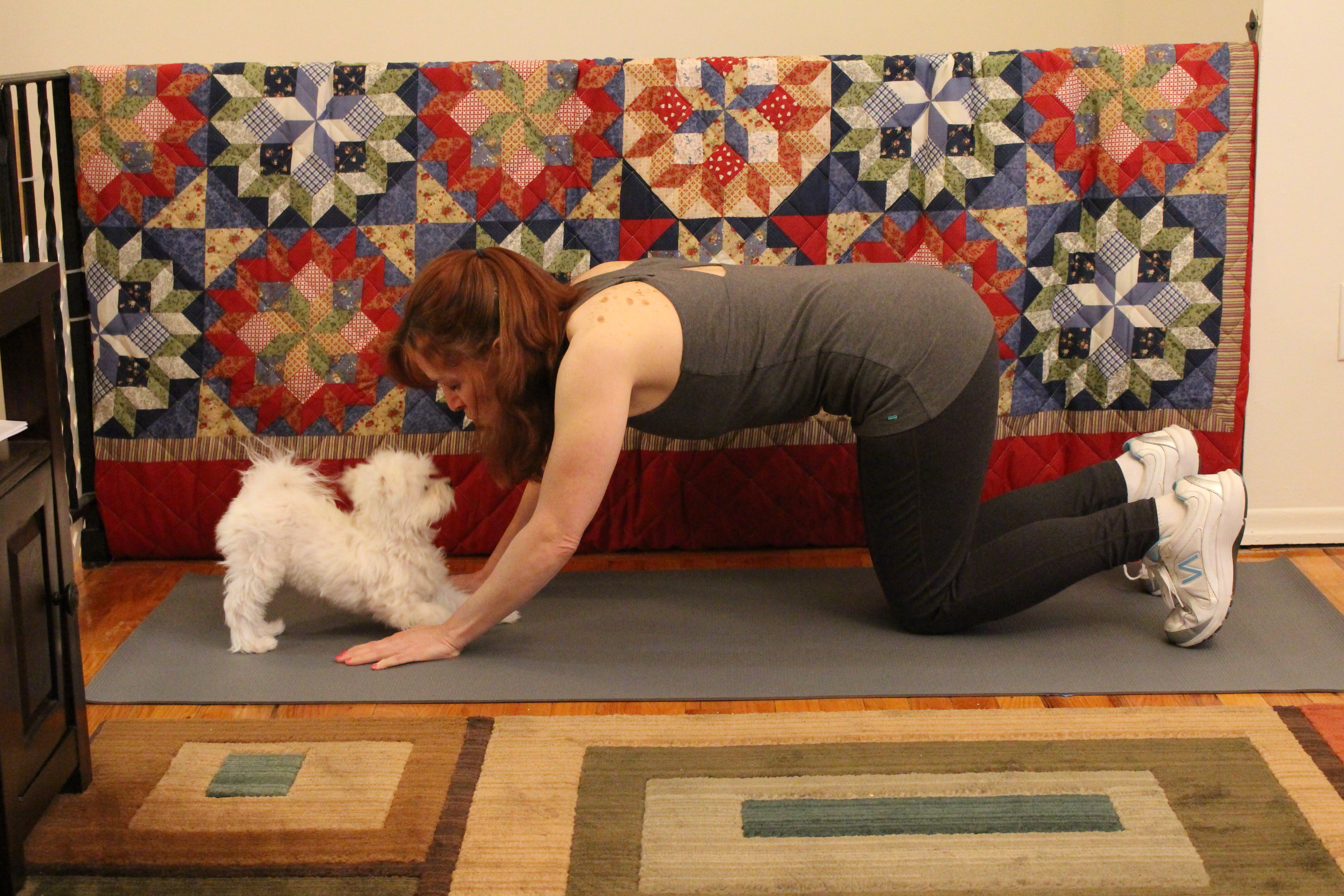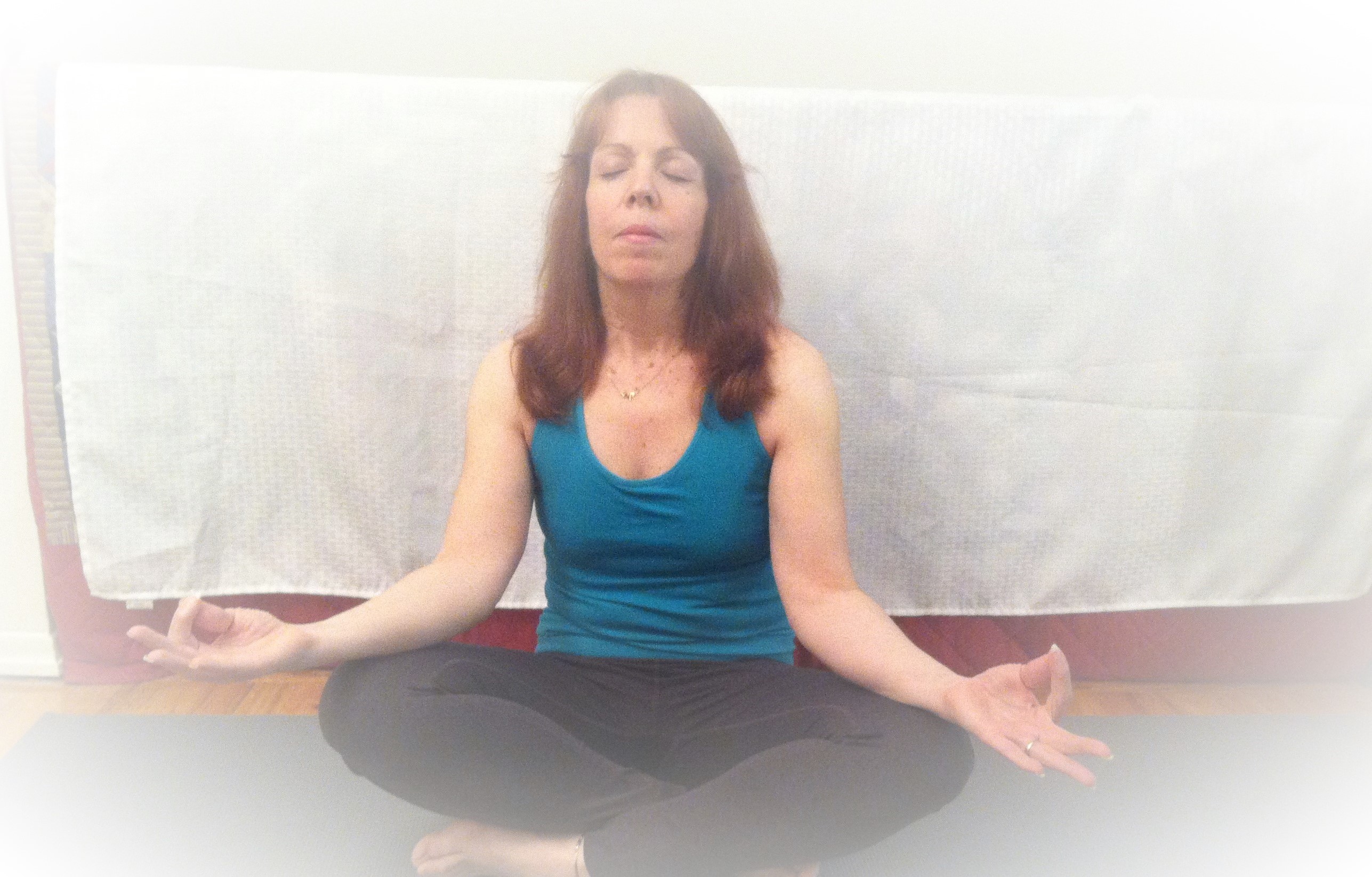
Remember when kids played outside for hours, each day? When our parents would tell us to get out of the house & go outside to play? Back then, even television broadcasts had public service announcements telling kids to shut the TV, and go outside. Remember how good we felt back then? How well we slept at night? It may be due to changes in our culture, the demands of everyday life, and the technological advances we’ve seen, but nowadays many adults and kids spend more hours sitting than ever before, and very little time being physically active.
The results of our new-found, sedentary lifestyles have been made clear. Studies have proven that sedentary behavior, and sedentary lifestyles, can lead to many serious health concerns such as obesity, diabetes, heart disease, and increased mortality. Now scientists are beginning to investigate how sedentary behavior might also affect mental health, and the risk for anxiety.
In an article published in the open access journal BMC Public Health (http://www.biomedcentral.com/1471-2458/15/513) on June 19, 2015, researchers found a positive relationship between sedentary behavior and the risk for anxiety.
Megan Techenne and her team, of Deakin University’s Center for Physical Activity and Nutrition Research, poured through 24 years of previously done studies on the topic, which spanned trough 2014. They analyzed the methodology, the data collected, and the conclusions of over 912 studies, and then, through a meticulous process of elimination, narrowed their focus to 9 relevant studies to review.
Most of the studies reviewed found a positive association between sedentary behavior and anxiety. One study showed that high school students who engaged in more than 2 hours a day of screen-based sedentary behavior (watching television, computer use, or playing video games) were 36% more likely to experience anxiety than those who did not.
In the study conducted by the team from Deakin University’s Center for Physical Activity and Nutrition Research, researchers concluded that there is a positive association between sitting time and anxiety risk, as well as screen time and anxiety risk. Currently, there is a limited understanding of why this connection exists. Scientific theories include sleep disturbance, poor metabolic function, and central nervous system arousal, due to sedentary behavior. Megan Techenne and her team feel further investigation is needed to better understand the association and the reasons behind it.
What do you think about all of this?
I think we need to get back to some of our healthier old habits, like sending the kids out into the backyard to play on nice days, and remembering to take some time out for ourselves to be active and to have some fun too!
If you found this post interesting, please share and like on Facebook, follow me on twitter, and subscribe to this website!



